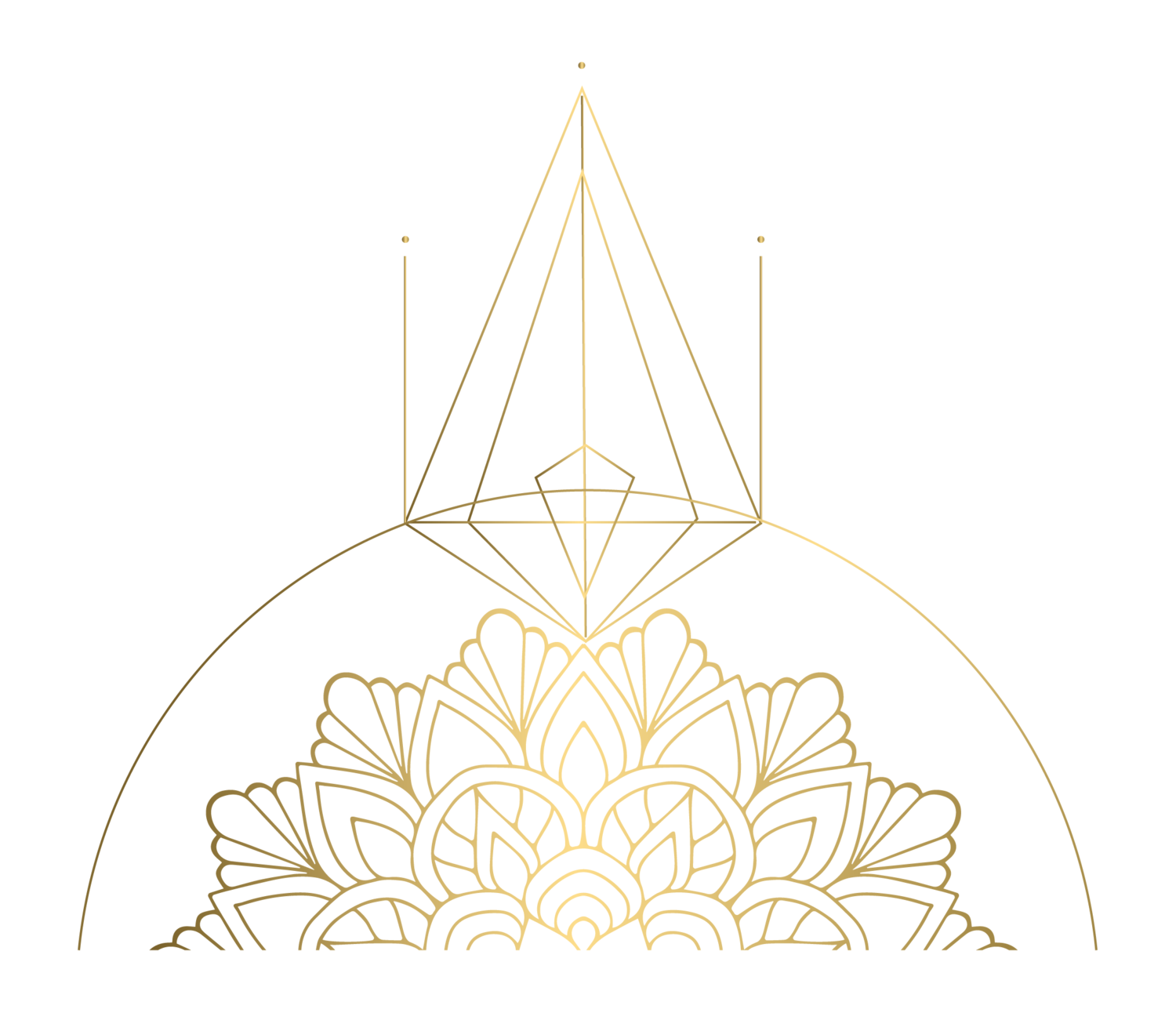I myself am guilty of perfectionism. There is always an unrealistic standard that I’ve set for myself that I somehow fail to meet. In my mind, it’s realistic because I’ve been exposed to this standard before, it’s not born of nowhere.
I won’t go into the mechanics of how perfectionism is created through upbringing, since many of you already know what goes into this and how it’s modeled.
What this creates in someone who lives with this is a deep fear of “not good enough” and secondly, a developing well of self directed frustration as well as feelings of failure that are semi-repressed. It’s semi-repressed as long as there’s some metric of success that you must score high on. Perfectionism is fear based, and for those of us who’ve lived with it, we’ve turned that fear (and anxiety) into something that motivates.
It was always very conscious for me as a teen and young adult that if I let go of this, and just suddenly realized I was “good enough” that I’d stop trying. I felt that the alternative was apathy, which I have experienced before. I didn’t know what to substitute the fear motivation for, or that there was another form of motivation.
As I’ve grown, I’ve come to face that fragile ego that’s underneath all of this. The one that took in the programming of deep unworthiness. I remember being very young and in situations where I felt failure, how much I couldn’t handle it because it brought out deep shame. In classes that I wasn’t the best, the stakes felt so high and so intolerable. I somehow couldn’t take it in stride like all the other people who were not the best, who were not good. People who could fail at something or not be good at something and not have it affect their sense of self seemed to have a healthy self-esteem that made them know that just because they weren’t good at this thing, they could keep trying and get better. They also knew that just because they weren’t good at this one thing, it didn’t mean that they were flawed as a person. These were thought processes that I didn’t have even if I identified them consciously.
As I’ve gotten older and done a lot of healing and integration, I’ve specifically challenged myself to do all the things that I’m not particularly gifted at. Sure, other people might argue that I’m not that bad, in fact, that maybe I am better than I think (because in my mind I think I am just awful which is a particular trait associated with perfectionism as well- that my assessment of myself always tends to be worse than what’s “real”). What this challenge does is it forces me to grow- it forces me to confront those shadow elements and fear. It shows me that there’s nothing to fear, and to be more lighthearted in my approach- that just because I can’t do a particular jump or my brain isn’t as quick with a quippy response in improv doesn’t mean that the world is ending, which it often felt like it was when there is a perfectionism that is expected of you, and performance is everything. Most importantly, it shows me to have fun which is something I had long been lacking in childhood.
I remember when the darkness of perfectionism hit me the worst, it wasn’t that long ago. My ego was still in control then and it needed above all else to bolster itself from its feelings of inferiority and frailty. So, I chose to only do things that I was the shining star in. And then my world became so limited, my ego was satisfied but my soul wanted more.
Overall, we’re here for the experience. That means, the totality of life that we get to experience in this human form, with this human intelligence. It’s not about good or bad, it’s about how we meet those experiences and what we take away from them. In the end, I’m. not going to care that I was the best in this one class or one thing, because I care more about growth and process, truly. Success of course is important, and I plan to succeed at the things that I’ve chosen, but I’m also learning to re-assess the bar that I set for myself. I want to do my best, not be the best.
